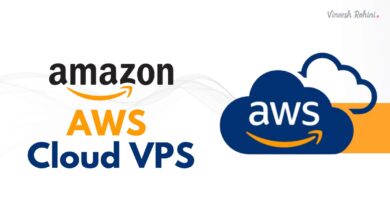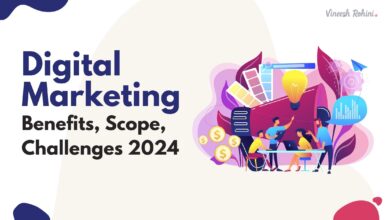Google Pay-Per-Click Advertising: Unlocking the Potential of Targeted Online Marketing
Introduction
In today’s digital era, businesses strive to reach their target audience effectively and efficiently. Among the plethora of online marketing strategies, Google Pay-Per-Click (PPC) advertising stands out as a powerful tool that enables businesses to display targeted ads to potential customers at the precise moment they are searching for relevant information. With its immense reach and robust targeting capabilities, Google PPC has revolutionized the advertising landscape, offering businesses a cost-effective method to drive traffic, increase conversions, and maximize their online presence.
Understanding Google PPC
Google PPC, also known as Google Ads or Google AdWords, is an online advertising platform provided by Google. It allows businesses to create and display ads across various Google platforms, including search results, websites, and mobile apps. The core principle of Google PPC revolves around advertisers bidding on relevant keywords to display their ads prominently when users search for those keywords.
Also Read…….. SEO vs PPC
The Benefits of Google PPC
Google PPC offers several compelling benefits that make it a favored choice for businesses seeking effective online advertising solutions. Firstly, it provides businesses with immediate visibility on Google’s search engine results page (SERP), allowing them to gain instant exposure and reach potential customers actively searching for products or services. Moreover, Google PPC offers precise targeting options, enabling businesses to narrow down their audience based on factors such as location, demographics, interests, and device type. This level of specificity ensures that ads are shown to the most relevant audience, increasing the chances of generating quality leads and conversions.
Additionally, Google PPC operates on a pay-per-click model, meaning advertisers only pay when users click on their ads. This cost-effective approach allows businesses to set budgets that align with their marketing goals and control their advertising expenses. Furthermore, Google PPC provides detailed analytics and performance tracking, allowing businesses to monitor the effectiveness of their campaigns, make data-driven decisions, and optimize their strategies for maximum return on investment (ROI).
Best Practices for Google PPC
To harness the full potential of Google PPC, businesses should adhere to several best practices. Firstly, conducting thorough keyword research is crucial for identifying relevant and high-performing keywords. This research involves understanding user search intent, competition levels, and keyword trends to select the most appropriate keywords for ad targeting. Crafting compelling ad copy that aligns with the targeted keywords and appeals to the target audience is equally important. Advertisements should be concise, relevant, and engaging to capture users’ attention and entice them to click.
Furthermore, effective campaign structuring is essential for organizing ads into relevant ad groups and ensuring proper targeting. Ad groups should be based on specific themes or products, allowing for more targeted messaging and better control over budgets and performance tracking. Employing ad extensions, such as call extensions, site link extensions, and location extensions, can enhance the visibility and effectiveness of ads, providing additional information and opportunities for user engagement.
Ongoing monitoring and optimization are critical aspects of successful Google PPC campaigns. Regularly reviewing key metrics such as click-through rates (CTR), conversion rates, and quality scores allows businesses to identify underperforming ads or keywords and make necessary adjustments. A/B testing different ad variations, landing pages, and targeting options can also provide valuable insights for optimizing campaigns and improving overall performance.
Also Read……. All About PPC(pay-per-click)
The Future of Google PPC
As technology continues to advance and user behaviors evolve, the future of Google PPC holds tremendous potential. Advancements in machine learning and artificial intelligence (AI) are already transforming the advertising landscape, enabling automated bid optimizations, audience targeting, and ad personalization. Integration with emerging technologies, such as voice search and smart devices, presents new opportunities for businesses to connect with users in innovative ways.
Furthermore, the growing importance of mobile devices and the increasing popularity of mobile search suggest that mobile-centric advertising strategies will play a pivotal role in the future of Google PPC. Businesses must adapt their campaigns to provide seamless and optimized experiences for mobile users, leveraging features like click-to-call and location-based targeting.
Conclusion
Google Pay-Per-Click advertising has revolutionized the way businesses approach online marketing, offering a highly targeted and cost-effective solution to reach potential customers at the precise moment of their intent. Through precise audience targeting, extensive analytics, and ongoing optimization, businesses can unlock the full potential of Google PPC to drive traffic, increase conversions, and achieve their marketing objectives. As technology continues to advance, businesses must stay abreast of emerging trends and adapt their strategies to maximize the benefits offered by Google PPC, ensuring their continued success in the dynamic digital landscape.
Also Read……. 2 Key Formulas for Understanding Your PPC Data



